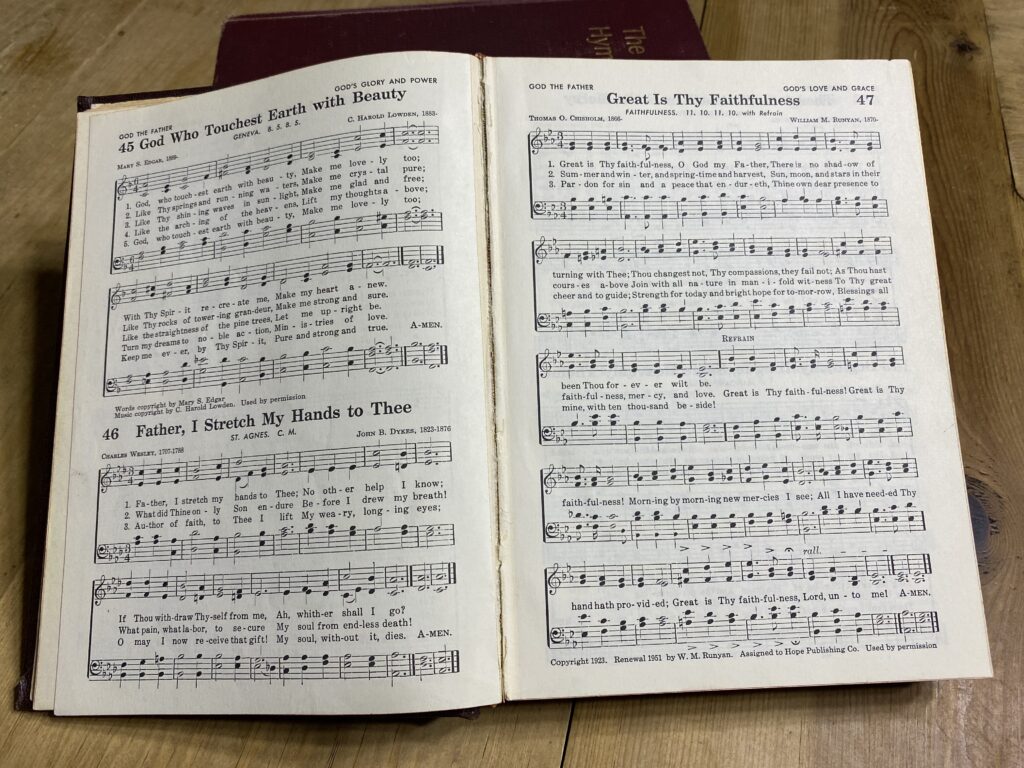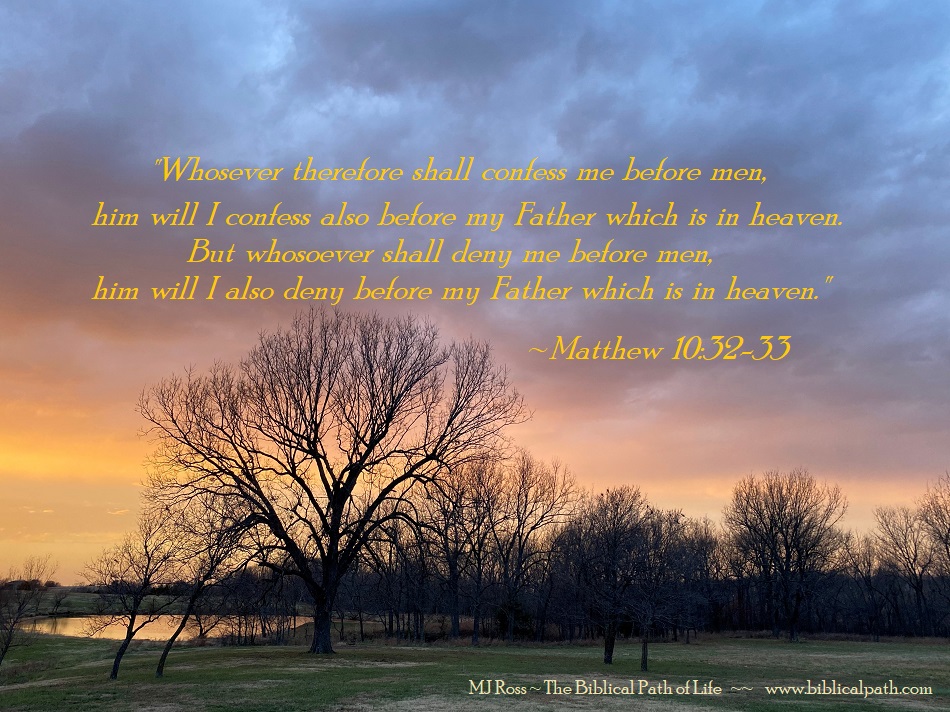
“Let us draw near with a true heart in full assurance of faith, having our hearts sprinkled from an evil conscience, and our bodies washed with pure water.”
Hebrews 10:22
There is a very familiar event that takes place in 2 Samuel. David had been established as king, and he decided to bring the Ark of the Covenant into Jerusalem, the new capital of Israel. This was important because the Ark of the Covenant (or testimony) with the mercy seat upon it, was the place where God met with man in the days of the Old Testament (see Exodus 25:22). Bringing the Ark of the Covenant into Jerusalem was a good thing. See that it is also called “ark of God”. If you remember, the Ark of the Covenant had been taken by Hophni and Phinehas into a battle with the Philistines. Israel lost the battle, Hophni and Phinehas were killed, and the Ark of the Covenant had been taken (see 1 Samuel 4:1-10). When it was returned to the land of Israel, the Philistine’s sent it back on a new cart (see 1 Samuel (see 1 Samuel 6:7-12). It ended up in the house of Abinadab where it remained (see 1 Samuel 7:1). Now David was going there to bring it into Jerusalem.
“2. And David arose, and went with all the people that were with him from Baale of Judah, to bring up from thence the ark of God, whose name is called by the name of the LORD of hosts that dwelleth between the cherubims. 3. And they set the ark of God upon a new cart, and brought it out of the house of Abinadab that was in Gibeah: and Uzzah and Ahio, the sons of Abinadab, drave the new cart. 4. And they brought it out of the house of Abinadab which was at Gibeah, accompanying the ark of God: and Ahio went before the ark. 5. And David and all the house of Israel played before the LORD on all manner of instruments made of fir wood, even on harps, and on psalteries, and on timbrels, and on cornets, and on cymbals. 6. And when they came to Nachon’s threshingfloor, Uzzah put forth his hand to the ark of God, and took hold of it; for the oxen shook it. 7. And the anger of the LORD was kindled against Uzzah; and God smote him there for his error; and there he died by the ark of God” (2 Samuel 6:2-7).
Remember that bringing the Ark of God to Jerusalem was a good thing for David to do. However, he did it the wrong way. He moved the Ark of the Covenant the same way the Philistine’s had moved it, which sounded like a good way to move it. They were having a great time playing music before the Ark of God, much as a time of worship before the Lord. However, David had not taken the time to seek God, nor how He would have it moved. Because of this error, there was a death. David was displeased, “And David was afraid of the LORD that day, and said, How shall the ark of the LORD come to me?” (2 Samuel 6:9). In 1 Chronicles we understand that David found out the way God intended for the Ark of the Covenant to be moved (see 1 Chronicles 15:2). It was then they were successful in moving it to Jerusalem.
One cannot help but recognize the casual way that even King David approached God. David had no wicked thought in him in this venture. He only wanted to do something good for God and His people. Yet, because he did it man’s way and not God’s way, God was not pleased with David’s effort. David had to seek God, and do things God’s way.
How often do we approach God with the same attitude? Christians have the right to approach the throne of grace because of Jesus, anytime (see Hebrews 4:16). However, we often come before the Lord presumptuously, much like David. The right is there. But the means must be correct. God is holy, and we are sinful people; even after we have been saved by grace. The grace that we have been privileged with does not give us the right to approach God any way that we want to approach Him. “Let us draw near with a true heart in full assurance of faith, having our hearts sprinkled from an evil conscience, and our bodies washed with pure water” (Hebrews 10:22).
When the religious leaders asked Jesus why His disciples did not according to the traditions of the elders, Jesus quoted Isaiah: “6. He answered and said unto them, Well hath Esaias prophesied of you hypocrites, as it is written, This people honoureth me withtheirlips, but their heart is far from me. 7.Howbeit in vain do they worship me, teachingfordoctrines the commandments of men.8. For laying aside the commandment of God, ye hold the tradition of men,asthe washing of pots and cups: and many other such like things ye do. 9. And he said unto them, Full well ye reject the commandment of God, that ye may keep your own tradition” (Mark 7:6-9). Recognize that just because they were religious leaders, they were not approaching God in the correct way, for their heart was far from Him. Christians must come before the Lord with a true heart, not worshiping the Lord in vain by keeping man’s traditions.
Have you considered how you approach God? Is it in the ways of man?
Or,
Is it with a true heart in full assurance of faith?



